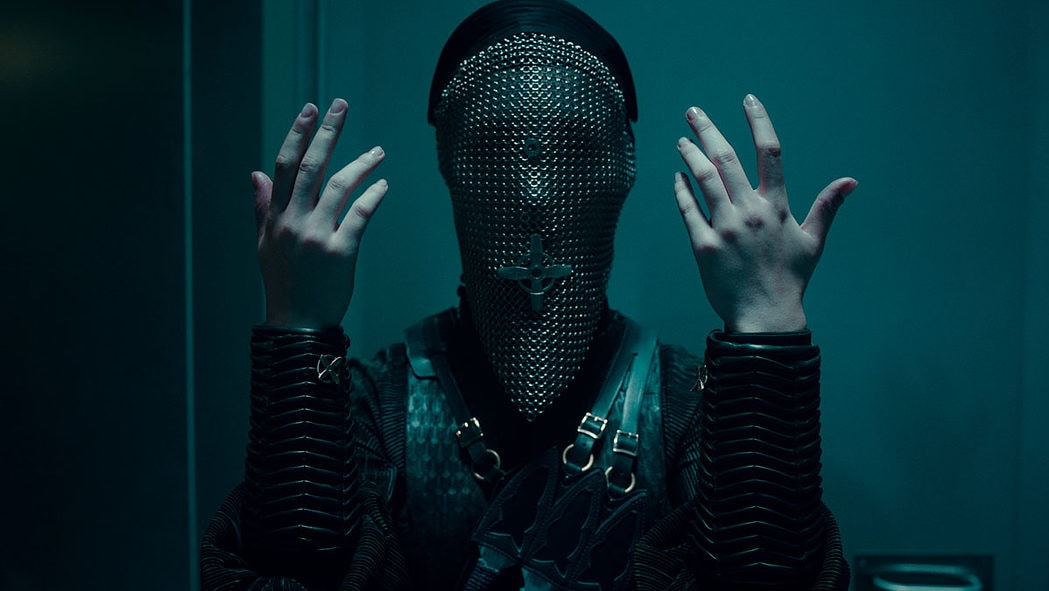After the turnover of the Netflix CEO post, new co-CEOs have been chatting to Bloomberg about what’s going on and stressed they don’t cancel ‘successful’ shows.
Ted Sarandos and Greg Peters revealed their insights on the recent transfer of power within the streaming giant. Apparently, the previous co-CEO, Reed Hastings, did not give them a clear picture of his decision until just two weeks before he stepped down.
Remarkably, the way Hastings conducted the transition was through a gradual delegation of his own tasks over the years. Most especially beginning in 2020 when the company followed the co-CEO model of top management. At the time, he got Sarandos to be co-CEOs with him.
From that time on, Hastings gradually let go of tasks while overseeing the operations. The approach is more nurturing since the person who succeeded him in his post got at least two years to learn and master the ropes.
Netflix Co-CEOs Weigh In On Decisions And Company Future

READ MORE: Invincible Live-Action Movie Is Still In The Works
Naturally, the new co-CEOs answered questions pertaining to the general feel of the transition, the current situation with the company and the plans they have for the future. Being able to share the top position presents a more efficient dynamic in the company.
Sarandos revealed he did not assume he would eventually become Netflix’s sole CEO. He said:
That would be the conventional thinking, but nothing about Netflix has been very conventional. I probably wouldn’t have thought about this a couple years ago. Having done it for a couple of years, I see the incredible value of it. Leadership is super hard and can be lonely. Shared leadership can solve some of that problem, particularly as the business gets bigger and the demands become more global.
And Netflix continues to build and strengthen their global presence despite the arrival of several streaming competitors. With the co-CEO model, decisions can be made after more extensive deliberations. Also, even before the movement within the company’s hierarchy, they had already been butting heads, as they have described.
Of course, there may be disagreements, but once they have talked it out, they do get to come up with a solution. Also, Hastings will still be within their reach should they need his intervention.
Disagreements could also cover decisions with regard to keeping or dropping a show. It’s not a secret that the streaming giant has made heavy choices in discontinuing specific titles that actually pleased a lot of audiences. However, the co-CEOs maintained that these decisions are made after studying the shows’ performance on the streaming platform.
And that the data gathered for this decision is proportional to the budget that is costing them. Sarandos stated:
We have never canceled a successful show. A lot of these shows were well-intended but talk to a very small audience on a very big budget. The key to it is you have to be able to talk to a small audience on a small budget and a large audience at a large budget. If you do that well, you can do that forever.
The two, however, did not discuss the conditions a show must satisfy to keep a green light in the future in detail. They did note that the business of streaming is still good business. Sarandos declared:
We’ve developed a business that is not growing as fast as we want it to, but is growing in the three things that matter the most: engagement, revenue, and profit.
As for customer service, new Co-CEO Peters said:
We pride ourselves on being a great consumer experience and we don’t want that to change.
Netflix Co-CEOs Talk Disagreements Out Before A Decision

Credit: Netflix
READ MORE: Madonna Biopic With Ozark’s Julia Garner Has Been Cancelled
Coming off from this interview, it truly gives the impression that their system is one that has undergone development over the years. Being among the first to offer the streaming service clearly gave them the lead in sounding out potential and promising projects.
Over the years, they have determined a way to identify which shows will stand the test of time and feasibility. The mere fact that Netflix is still around despite the pandemic and the increase in streaming options, it’s clear that their system truly works.
There is, however, the point where some shows build on their following. That there are shows that need at least two or three seasons in before they get their best footing and hit the desired ratings and performances.
Making the decision after a single season could mean they are missing out on featuring a good show in the long run. But then how could one definitely know for sure?
Do you agree with the CEO’s statement that they have never cancelled a successful show on Netflix? Tell us your thoughts in the comments below.
What do you make of this story? Let us know in the comments below or on our Facebook, Twitter or Instagram pages! And if you enjoy listening to film podcasts, why not check out our podcast, The Small Screen Podcast, wherever you get your podcasts!















There are no comments
Add yours